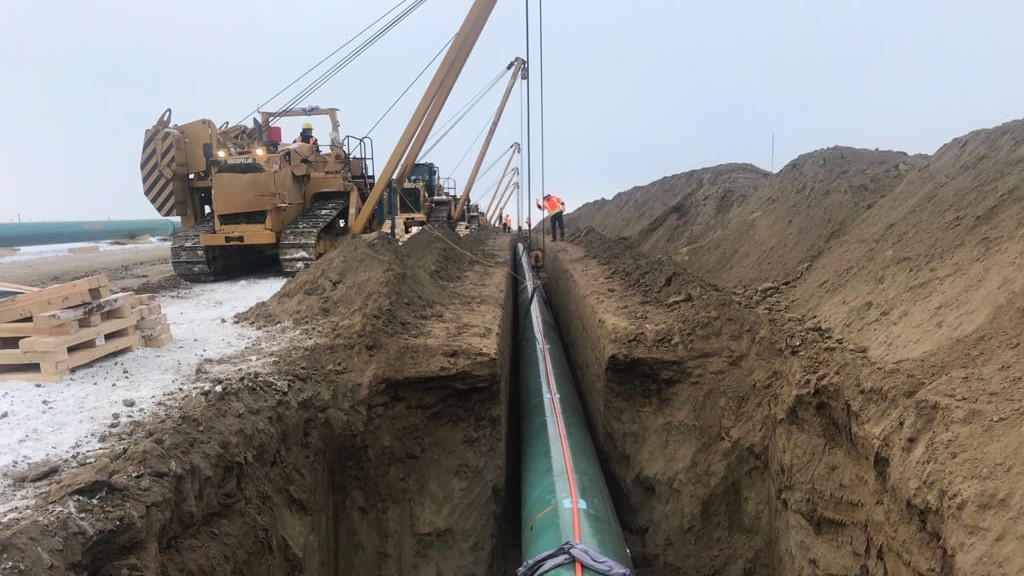Canada’s Trans Mountain crude oil pipeline expansion is set to reach full capacity by the end of May, according to Alberta Premier Danielle Smith.
During an interview at the CERAWeek energy conference in Houston, Smith confirmed that the first waterborne exports from the expanded system will commence a month later.
Smith’s remarks echo statements made by oil producer MEG Energy on March 1, indicating that Trans Mountain has scheduled 2.1 million barrels for April and the same amount for May.

The pipeline expansion, owned by the Canadian government at C$30.9 billion ($22.8 billion), aims to significantly boost the flow of crude from Alberta to Canada’s Pacific Coast, reaching 890,000 barrels per day.
Despite its ambitious goals, the project has faced numerous setbacks including prolonged delays and budget overruns.

The completion of line fill marks the final stage before the expanded pipeline becomes operational, facilitating greater access for Canadian oil to refineries located on the U.S. West Coast and in Asia.
When approached for comment, Trans Mountain reaffirmed its anticipation of commencing service on the pipeline expansion during the second quarter.